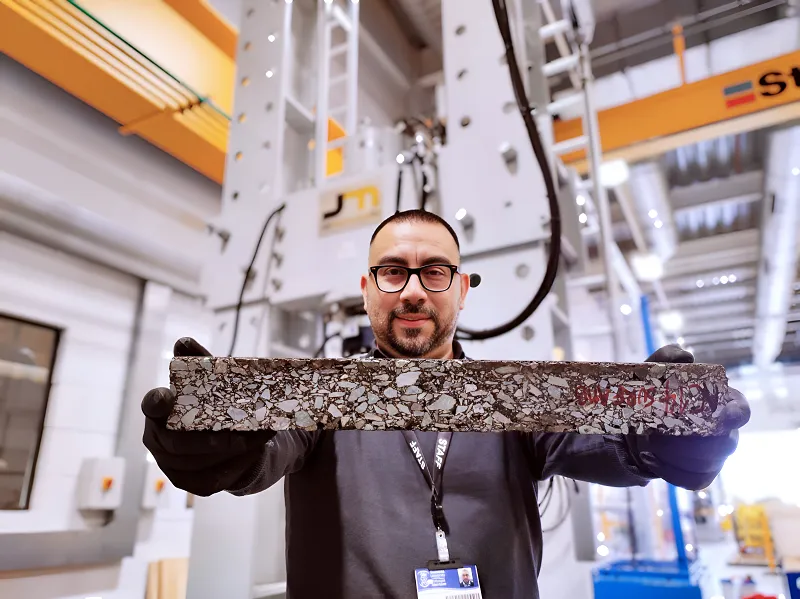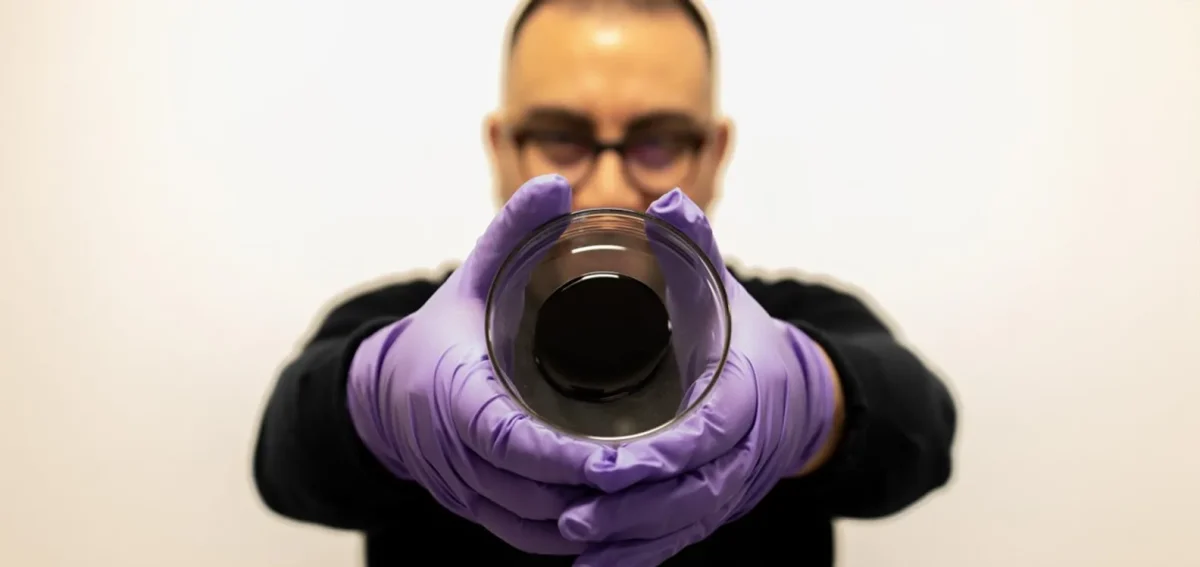In the UK there’s a big pothole problem. This biomass can help fill in the gaps in potholes, making the road safer. This Ai-powered biomass was produced at Swansea University, and it hardens by oxidation. Google is partnering with Swansea University with their AI for simulating the substance filling in the potholes because they don’t know how it behaves yet. Because they don’t know much about this biomass, it is still experimental. The reason why this biomass is so important, especially in the UK, is because of the amount of money they spend on filling potholes which is estimated to be almost £145 million and the amount of . The biomass is supposed to replicate the healing process in nature which will help the environment by having less asphalt/concrete. The asphalt contains a plant called the “Stag’s horn clubmoss” which has spores so when they get cut, they grow back. The asphalt uses this ability to always be ready to heal when needed. In the long run, this self-healing asphalt will help the UK’s goal of being a zero-net emissions country by 2050.

(Dr Jose Norambuena-Contreras with the new version that will be on roads)
Related Stories:
https://www.bbc.com/news/articles/cgkj2dl6l78o
https://www.kcl.ac.uk/news/self-healing-potholes-pave-the-way-for-more-sustainable-roads
https://newatlas.com/good-thinking/self-healing-asphalt-plant-spores/
Take Action:
https://www.swansea.ac.uk/business-and-industry/collaborate/
https://x.com/SwanseaUni?ref_src=twsrc%5Egoogle%7Ctwcamp%5Eserp%7Ctwgr%5Eauthor






